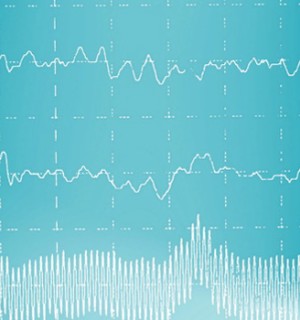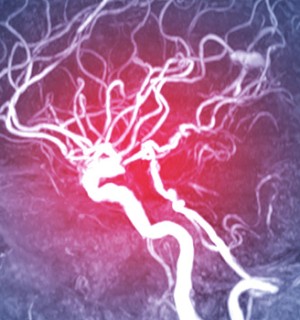The brain is a very complex area of the body. Among the most severe injuries that you could suffer from is a brain aneurysm. While this health issue can be deadly, it's possible that the complications can be mitigated if you obtain surgery quickly.
What is a Brain Aneurysm?
A brain aneurysm is a type of bulge that can occur in one of the blood vessels in your brain. In most cases, the bulge will remain intact and dissipate over time. However, it's possible for the aneurysm to rupture, which will cause you to experience bleeding in the brain. A ruptured aneurysm requires immediate medical attention to avoid the more severe complications that can occur. The brain aneurysms that don't rupture shouldn't cause any notable symptoms.
Symptoms Associated with an Aneurysm
Since quick treatment is required for a ruptured aneurysm, it's important that you understand the symptoms that come with a ruptured aneurysm. The most common symptom involves a sudden and very severe headache. Some additional symptoms that you could experience when suffering from a ruptured aneurysm include nausea, vomiting, a stiff neck, drooping eyelids, confusion, a loss of consciousness, seizures, and blurred vision. There's also a possibility that the aneurysm could leak instead of rupture, which would still cause you to experience a sudden and severe headache. If you want a doctor to check an aneurysm that hasn't ruptured, the symptoms to look out for include dilated pupils, pain above a single eye, numbness on a side of your face, and changes in your vision.
Causes of an Aneurysm
It's not exactly known why an aneurysm occurs. However, there are some risk factors that can put you at a higher risk of developing an aneurysm, the primary of which include cigarette smoking, old age, drug abuse, heavy consumption of alcohol, and hypertension. Some risk factors may also be present at birth, which extend to a family history of brain aneurysms, certain connective tissue disorders like the Ehlers-Danlos syndrome, and polycystic kidney disease.
Surgical Solutions
There are two surgical procedures that are used to treat ruptured aneurysms, which include surgical clipping and endovascular coiling. The surgical clipping procedure is aimed at closing off the aneurysm, which occurs by removing a small portion of the skull in order to get to the aneurysm. A small metal clip will then be positioned on the nearest blood vessel in order to stop the flow of blood. Endovascular coiling is much less invasive. This treatment begins with a catheter being sent from your groin to the aneurysm. A soft wire will then be sent through the catheter and into the aneurysm. This wire will coil up and effectively seal off the aneurysm.
Brain Aneurysms & What to Watch For
Posted On: 09-20-2019
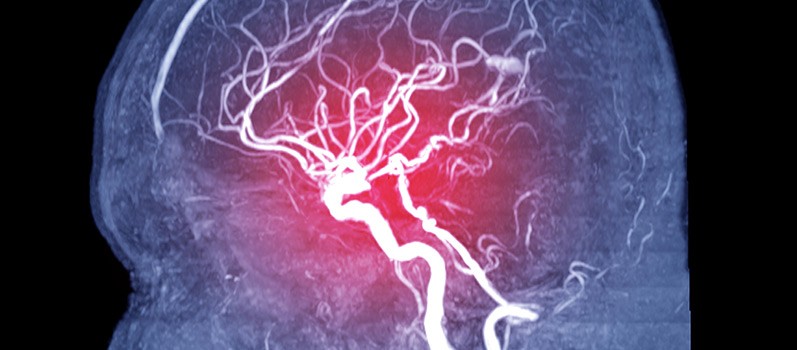
See Related Articles
A New Study Suggests Jet Lag Can Be Treated
Jet lag is the result of waking and sleeping patterns that a ...
Posted On: 02-11-2016
read more
Alzheimer’s Risk & Air Pollution
A new study led by scientists at the University of Southern ...
Posted On: 02-03-2017
read more
Behavioral Characteristics of Children With Epilepsy
Epilepsy is a seizure condition, and while 2.5 million Ameri ...
Posted On: 07-01-2016
read more
Can Marijuana Use Affect Vocabulary Later in Life?
More than 5,000 participants were selected for the study in ...
Posted On: 02-18-2016
read more
Could Poor Sleep Point to Higher Stroke Risk?
The study was headed by investigators from Rush University's ...
Posted On: 01-21-2016
read more
Dangers of Drowsy Driving
Driving while drowsy impairs your judgement, decreases your ...
Posted On: 02-10-2017
read more
Everyday Radiation Exposure & Safety
There are many everyday sources of radiation. For example, a ...
Posted On: 03-24-2017
read more
Female Firefighters at Increased Risk of PTSD, Suicidal Thoughts
A recent study published in the journal Occupational Medicin ...
Posted On: 06-07-2019
read more
Fixing the Late Diagnosis Problem
A new report, published by the National Academy of Medicine ...
Posted On: 09-23-2015
read more
Feedback





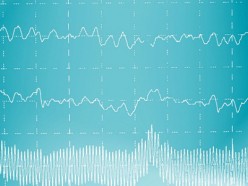

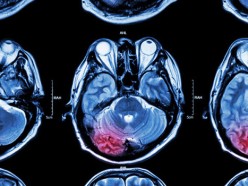

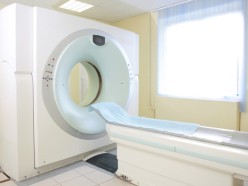





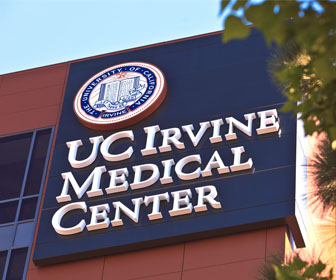
.jpg&w=300&h=320)
.jpg&w=300&h=320)
.jpg&w=300&h=320)

